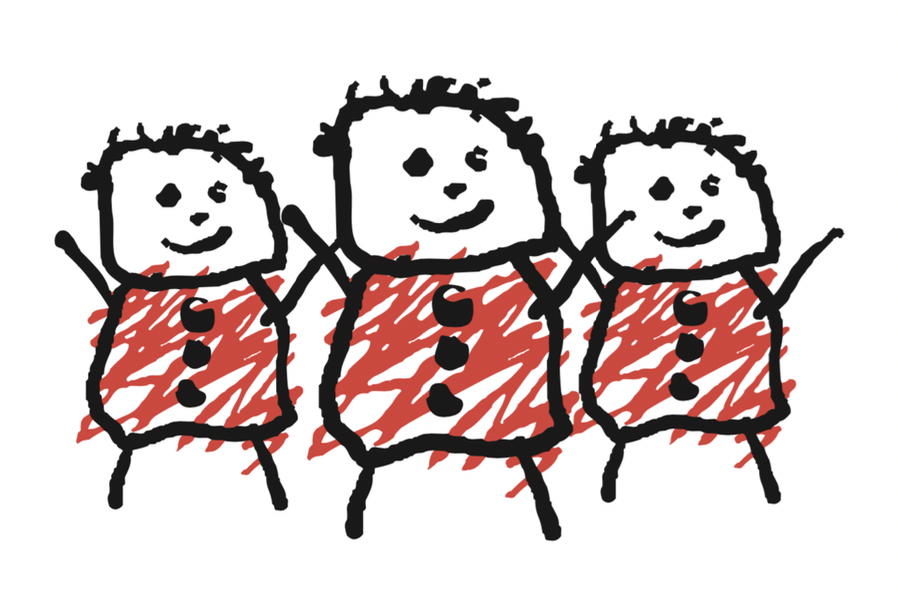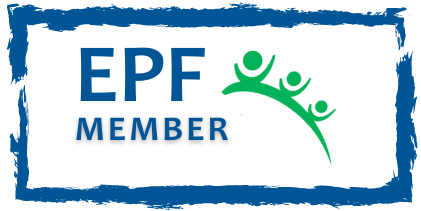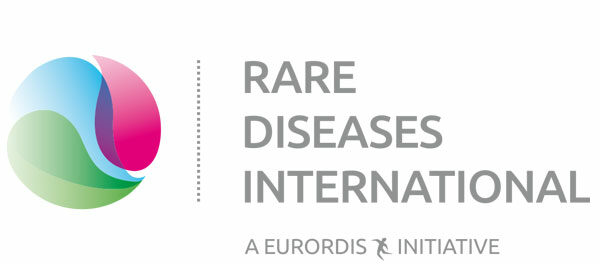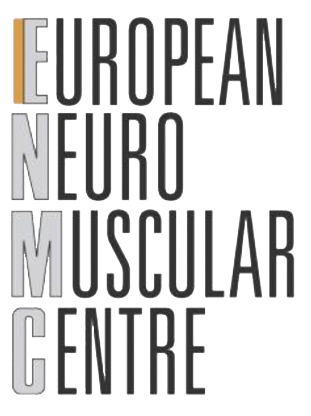#apaperaday special: Needs of mothers caring for children with Duchenne
Today’s pick for the Women and Duchenne theme of World Duchenne Awareness Day focuses on female caregivers (usually mothers) of Duchenne patients and their needs. The paper is by Peay at al from the Journal of Genetic Counseling. Doi 10.1007/s10897-017-0141-4. A very important topic as caregivers often forget to care for themselves.
Psychosocial Needs and Facilitators of Mothers Caring for Children with Duchenne/Becker Muscular Dystrophy
Notably, caregivers can provide better care when their social and psychological needs are met. As such, the standards of care for Duchenne also include a ‘needs’ assessment of caregivers. These needs range from social or psychological support to e.g. cope with anxiety to financial needs and facilitating time for self-care.
Authors mention that mothers with a son with Duchenne generally adjust well and also find their caregiver experience rewarding. Here authors did a study in the aspects of lived experience of caregivers of Duchenne and Becker patients. The goal was to identify psychosocial needs, respite needs and factors that facilitate caregiving.
Authors did an online survey with 205 caregivers, all biological mothers of Duchenne or Becker patients aged 27-71. 85% had a son with Duchenne, others with Becker or an intermediate phenotype. Patients were aged 1-40 years.
Over 50% of mothers indicated a medium or high need for psychosocial support to deal with uncertainty about the future, manage fears related to Duchenne or Becker and to cope with being a mother of a son with Duchenne.
70% indicated that their child depended on care (was not independent). 21% used respite care, while 17% indicated it was too much trouble and 57% indicated they felt uncomfortable leaving the care of their son to others, while 53% indicated their son would be willing to be cared by others. 69% indicated they needed a break occasionally.
Mothers also indicated that care facilitators were their partners and extended family. When asked about self-care most indicated they exercised or had a hobby. In the discussion authors stress that mothers tend to prioritize the worries for their own child over their own needs. This means caregivers need to proactively ask about the needs for psychosocial support.
Interestingly, the needs appear to be larger for mothers with younger children – though they require less care and support. With time mothers adjust more. Authors stress that caregivers should be aware of this and proactively offer support. They speculate that a diagnostic odyssey may play a role as well with the increased worry in mothers. Earlier diagnosis might be a way to reduce anxiety.
Mothers indicated that they learned a lot from their son’s approach to life. Authors discuss limitations of the study – they recruited from a database, so this does not cover all mothers. Also, mothers who are too busy with coping, would not be able to fill out the survey.
Authors indicate that more study is needed to allow optimal care provisions for mothers with sons with Duchenne and also to study the long-term care needs. Shout out to all the mothers of sons with Duchenne for the amazing work they do!
Photo by Gabe Pierce on Unsplash







